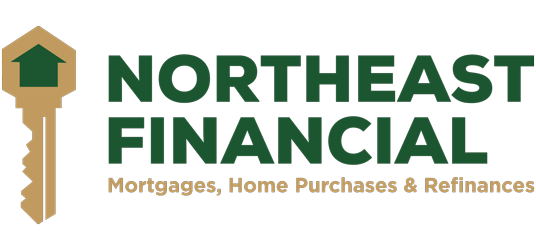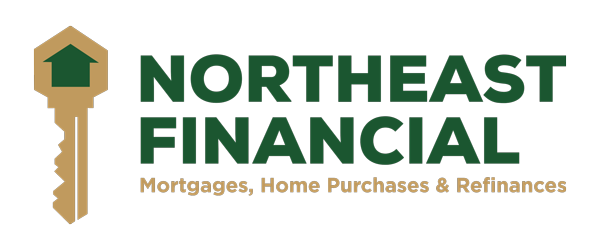
Advantages and Disadvantages of Government Mortgage Programs
A Government Mortgage is subsidized by the government, either the Federal Housing Authority (FHA), Veterans Administration (VA), or US Department of Agriculture (USDA), to protect lenders again default on payments. This makes it easier for lenders to offer borrowers lower interest rates and make home ownership affordable for lower income households and first-time buyers. As attractive as some of the terms of government loans are, there are also some disadvantages to each of government loans to look out for.
FHA Loans
Pros:
- Low Down Payment: Down payment can be as low as 3.5% compared to 20% required for most conventional mortgages.
- Lower Credit Score: FHA loans can be offered to low-income individuals with credit scores as low as 500. Borrowers with scores between 500-570 may qualify with a 10% down payment while those with a score above 580 can qualify with as little as 3.5% down.
- No Credit History: Borrowers with no or little credit history, even bankruptcy or foreclosures, may still qualify.
Cons:
- Low Down payment, higher interest paid: If as little as 3.5% is used as a down payment, you will end up paying more interest over the life of the loan than on a conventional loan with a 20% down payment.
- Property must be appraised by an FHA-approved appraiser and they must meet certain conditions.
- Mortgage Insurance Premium (MIP) is required, both an upfront premium and an annual premium (paid monthly).
VA Loans
Pros:
- No Down Payment: The biggest advantage is that qualified borrowers who use a VA loan can finance 100% of the purchase.
- No Mortgage Insurance Premium (MIP): MIP is required for conventional mortgages where borrowers put less than 20% down or on FHA loans however VA loans do not require MIP.
- Higher Allowable DTI Ratios: Lenders will look at the ratio of your total monthly income to your total monthly expenses. Ratios can be as high at 41% for qualified VA borrowers which is higher than conventional ratios.
Cons:
- VA Funding Fee: All VA loans come with a mandatory VA Funding Fee charged by the VA. The funding fee goes directly to the agency and helps keep the VA loan program running.
- Intended for Primary Residences: This isn’t a program you can use to purchase a second home or investment property.
USDA Loans:
Pros:
- No Down Payment: The biggest advantage is that qualified borrowers who use a USDA loan can qualify for 100% financing.
- Lower Rates: Compared to conventional loans, the USDA interest rates are lower.
- Can Qualify with Lower Income: Borrowers with low or very low income can qualify for a USDA loan as this is the type of borrower that USDA loans are made for.
Cons:
- Two Kinds of Mortgage Insurance: While technically called a ‘guarantee fee’, it acts as mortgage insurance. This includes an upfront 2.75% fee and a monthly guarantee fee of 0.50%.
- Restricted Areas: USDA loans are only available in rural areas which is a disadvantage if you are looking to buy in a larger city.
- Needs Two Approvals: Mortgage lenders and the USDA both must underwrite the loan. This can also cause the processing time to take longer.
For first time or low-income borrowers, a Government Mortgage might be just what will help you buy a home. Northeast Financial can answer your questions and find the best option for your financial situation. Call today for a free consultation.
 Kristina L. Refsbeck
Kristina L. Refsbeck
NMLS#1769516
Company NMLS#117273
Cell: 203-293-8377
kristina@northeast-mortgage.com

